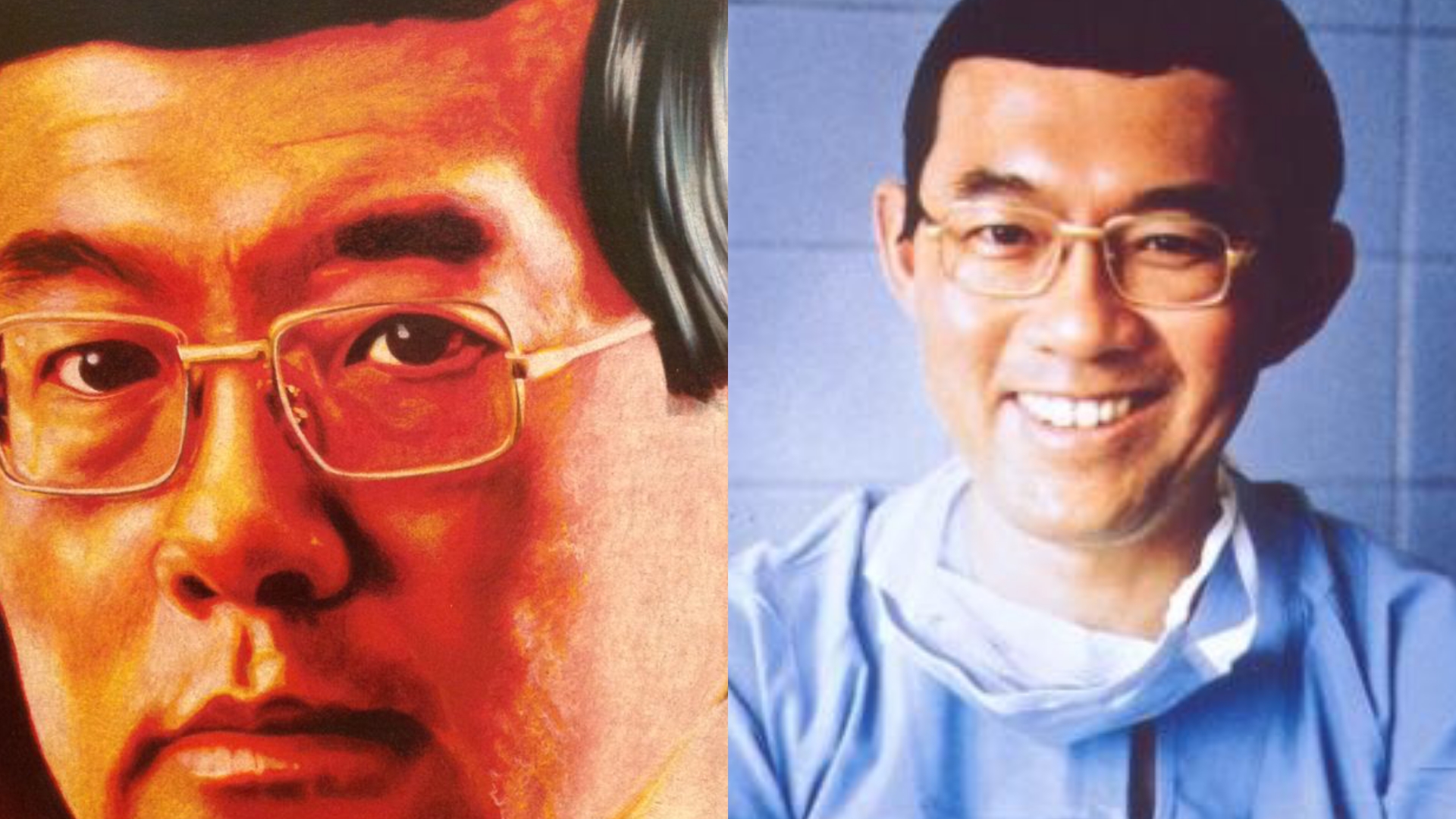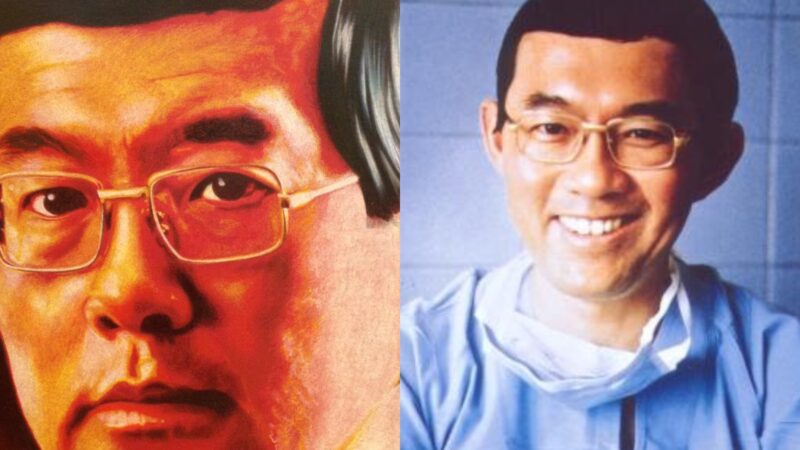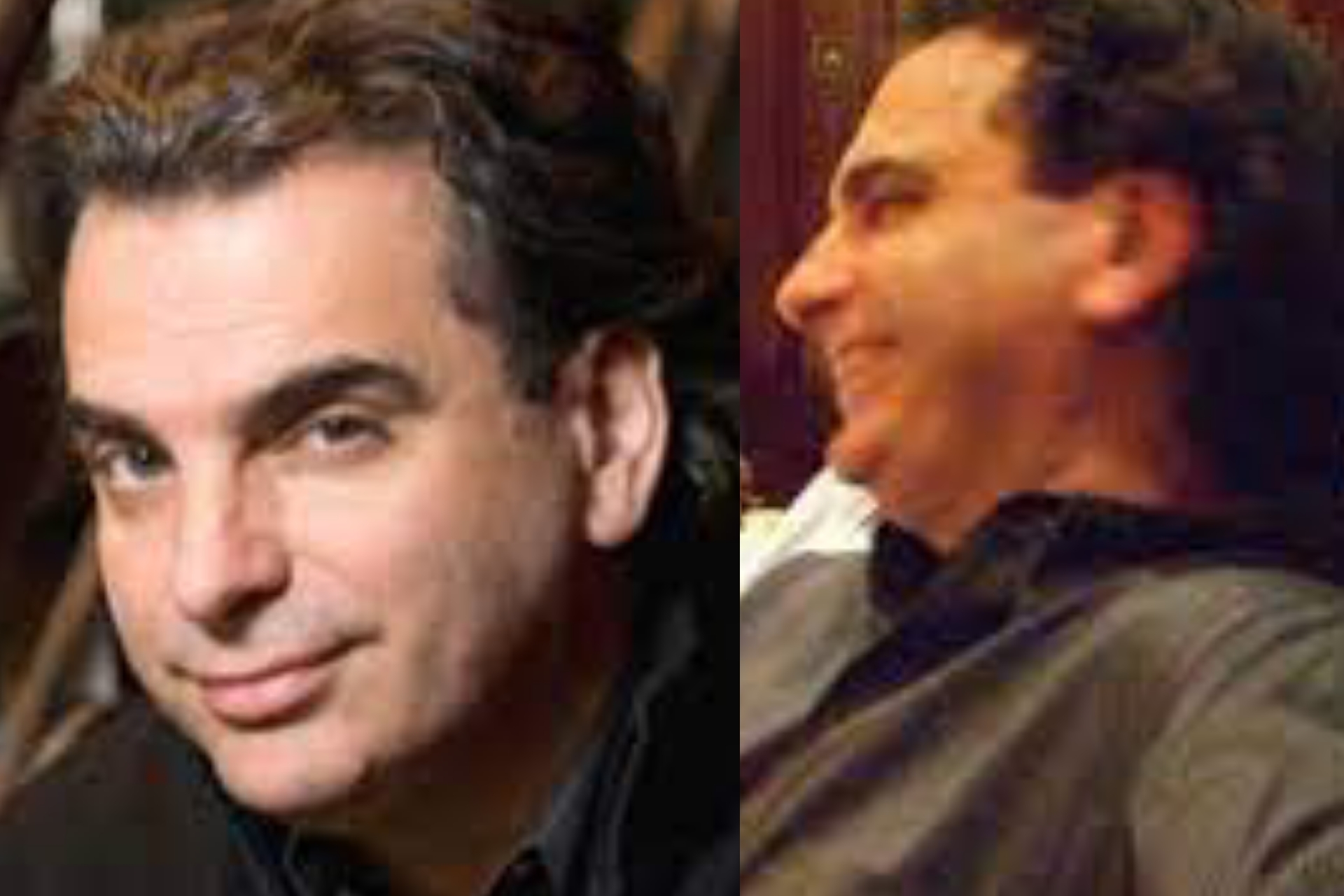Dr. Victor Chang Biography And Cause Of Death: A Life of Saving Lives

We delve into Dr. Victor Chang biography. Fueled by his mother’s tragic death from cancer, he pursued medicine with a passion, graduating with honors from the University of Sydney. And how did this icinic surgeon died, we will learn about it.
Dr. Victor Chang biography
Dr. Victor Chang was a pioneering heart surgeon who made significant contributions to the field of heart transplantation.
He is credited with developing innovative surgical techniques that extended the lifespan of heart transplant patients and paved the way for the widespread adoption of this life-saving procedure.
Early Life and Education
Born in China in 1936, Dr. Chang immigrated to Australia with his family when he was a young boy. His mother passed away from breast cancer when he was only ten years old, an event that deeply affected him and sparked his interest in medicine.
Dr. Chang excelled in his studies and was accepted into the University of Sydney, where he pursued a degree in medicine and surgery. He graduated with honors in 1962 and went on to complete his residency training at St. Vincent’s Hospital in Sydney.
Early Career and Breakthroughs
During his early career, Dr. Chang gained valuable experience in cardiothoracic surgery, performing numerous operations on patients with heart and lung conditions. He was known for his meticulous technique and his dedication to patient care.

In the 1960s, heart transplantation was still in its early stages, with limited success rates. Dr. Chang was determined to improve the outcomes of this procedure and dedicated his research efforts to developing new surgical techniques.
One of his most significant breakthroughs was the development of the “heartblock technique,” which involved temporarily stopping the heart to allow for more precise suturing and reduce the risk of rejection. This technique significantly improved the survival rates of heart transplant patients.
Contributions to Heart Transplantation
Dr. Chang’s contributions to heart transplantation were widely recognized, and he became a leading figure in the field. He established the Heart Transplant Unit at St. Vincent’s Hospital, where he performed numerous successful transplants.
He also played a key role in advancing the development of immunosuppressive drugs, which are essential for preventing organ rejection in transplant patients. His work helped to improve the long-term survival rates of transplant patients and made the procedure a viable option for many individuals with heart failure.
Legacy and Philanthropy
Dr. Chang’s dedication to saving lives extended beyond his surgical practice. He was a passionate advocate for organ donation and established the Victor Chang Cardiac Research Institute, a non-profit organization dedicated to research and education in heart disease.
His work continues to inspire and motivate researchers and healthcare professionals worldwide.
In addition to his medical achievements, Dr. Chang was also a deeply compassionate and caring individual. He was known for his kindness and empathy towards his patients and his commitment to improving the quality of their lives.
Awards and Recognition
Dr. Chang’s contributions to medicine were widely recognized during his lifetime and posthumously. He received numerous awards and honors, including the Order of Australia in 1987 for his services to medicine.
Dr. Victor Chang cause of death
Dr. Victor Chang, a renowned heart surgeon, would have celebrated his 87th birthday if not for a tragic incident that claimed his life more than three decades ago.
His legacy as one of Australia’s most influential cardiac surgeons still resonates, having performed life-saving heart surgeries, including a groundbreaking heart transplant on a 14-year-old.
Collaborating with doctors who conducted Australia’s initial heart transplant in 1968, Chang marked a pivotal milestone in 1984 by successfully executing the country’s first thriving heart transplant.
Notably, he operated on 14-year-old Fiona Coote, who became Australia’s longest-surviving heart transplant recipient. His groundbreaking work extended to developing an artificial heart valve crucial for surgical procedures.
However, tragedy struck in 1991 when Chang fell victim to a failed extortion attempt, leaving a void in the medical world. In tribute to his legacy, the Victor Chang Cardiac Research Institute was established three years later.
Dr. Chang’s decision to pursue medicine was influenced by the loss of his mother to breast cancer in 1948, underscoring his commitment to advancing medical science.
The history of heart transplants reflects a challenging yet pioneering journey. Christiaan Barnard’s successful human-to-human heart transplant in 1967 marked a turning point, although the initial survival rates were modest. Overcoming early rejection and mortality hurdles, advancements in immunosuppression and patient care in the 1970s paved the way for improved outcomes.
Despite more than 8,000 heart transplants globally in 2021, the demand for human organs continues to outstrip supply, with over 150,000 Europeans on organ transplant waiting lists in 2018. Scientists are exploring xenotransplantation, transplanting animal organs into humans, as a potential solution, with recent developments like genetically modified pig heart transplants sparking interest.
In honor of Dr. Chang’s legacy, his profound admiration for organ donors’ families echoes – emphasizing the altruism in giving someone else a chance at life during trying times.
Conclusion on Dr. Victor Chang biography and cause of death
In 1991, the year of his passing, the Victor Chang Cardiac Research Institute was established in his honor. The institute continues to carry on his legacy of research and innovation in heart disease.
Dr. Victor Chang’s story is one of dedication, perseverance, and compassion. He was a pioneer in his field and a true hero who dedicated his life to saving others. His legacy continues to inspire and motivate those who work to improve the lives of others.



